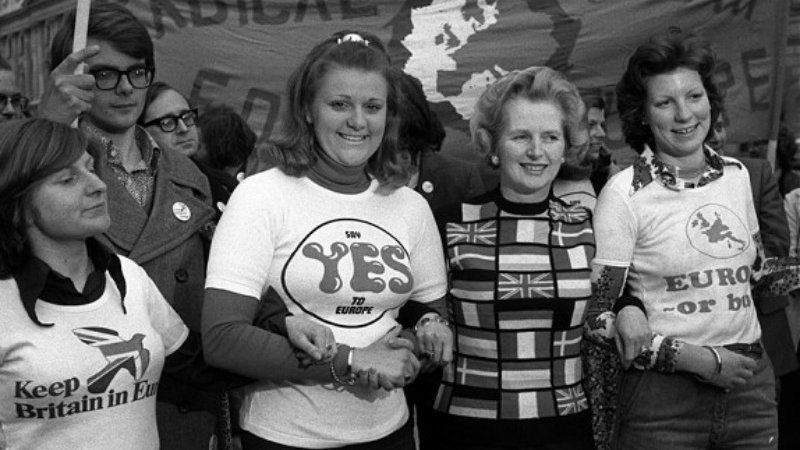The Legacy of Margaret Thatcher: Britain’s First Female PM

Introduction
Margaret Thatcher, known as the ‘Iron Lady’, was the first woman to serve as the Prime Minister of the United Kingdom, holding office from 1979 to 1990. Her tenure was marked by significant political and economic changes that reshaped the landscape of British society. Thatcher’s policies, famously termed ‘Thatcherism’, continue to provoke debate and analysis, underscoring her importance in both British and global politics.
Thatcher’s Rise to Power
Born on October 13, 1925, in Grantham, Lincolnshire, Margaret Roberts attended Somerville College, Oxford, where she studied chemistry. She entered politics in the early 1950s, winning a seat in the House of Commons in 1959. After rising through the ranks of the Conservative Party, she became the leader in 1975. Her leadership coincided with a period of economic turmoil, which set the stage for her radical reforms.
Key Policies and Era
Thatcher’s policies focused on reducing the power of trade unions, privatising state-owned companies, and implementing strict monetary policies to combat inflation. Her government also promoted individual entrepreneurship, leading to a shift from a manufacturing-based economy to a more service-oriented one. Thatcher’s notable achievements included the deregulation of markets and the sale of public housing, which empowered many families but also increased socioeconomic divides.
Controversy and Criticism
While many supporters credit Thatcher with revitalising the British economy, her time in office was not without controversy. Critics argue that her policies disproportionately favoured the wealthy and led to the decline of traditional industries in regions like coal and manufacturing, resulting in high unemployment rates. The poll tax, a proposed local taxation system, was particularly unpopular and contributed to widespread protests, eventually leading to her resignation in 1990.
Legacy and Continued Relevance
Thatcher’s influence on modern conservatism is undeniable, with leaders across the globe citing her as a major influence on their own policies. The Conservative Party continues to grapple with her legacy, as new leadership has sought to distance itself from the divisive aspects of her rule while still embracing her core tenets. Recent discussions surrounding economic recovery and government intervention reminiscent of Thatcher’s policies have sparked renewed interest in her approach to governance.
Conclusion
Margaret Thatcher remains a polarising figure in British history. Her contributions to politics and economics continue to be scrutinised and celebrated. Understanding her impact offers crucial insights into contemporary political debates and the ongoing evolution of the Conservative Party in the UK. As debates around her policies persist, Thatcher’s life serves as a testament to the complexities of leadership in times of profound national change.







